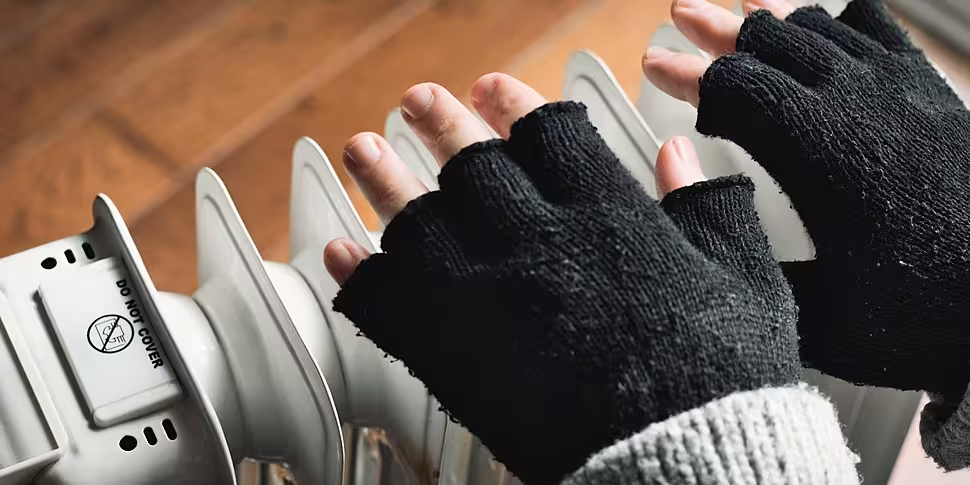The number of Irish families unable to heat their homes more than doubled in the last year.
A new report from Friends of the Earth warns that the Government's climate and energy poverty plans are failing to protect low-income families and failing to achieve emissions targets.
It warns that if Government is serious about meeting its climate targets, it must focus supports on households that are most in need.
Friends of the Earth (FOE) Energy Policy Officer Clare O'Connor told Newstalk Government must do more to protect low-income families.
“Ultimately, what the report finds is that the measures announced in the Climate Action Plan and the Government’s Energy Poverty Action Plan fundamentally don’t go far enough to protect households from rising energy bills and to reduce emissions,” she said.
“So, the short-term relief we are seeing on energy bills at the moment, it doesn’t address the root causes of energy poverty – which are low incomes, high energy costs and poorer quality housing.”
Energy poverty
The report warns that State retrofitting grants remain skewed to already well-off homeowners – leaving many groups and communities who are most at risk of energy poverty out in the cold.
It also warns that there are “serious problems” with retrofitting programmes even for those who can afford to upgrade their homes – with waiting lists of up to three years for the SEAI’s free energy upgrade scheme, as well as a major labour and skills shortages.
“This research shows that if the Government is serious about meeting their climate targets, they will need to change their current approach and do it in a way that protects and prioritises households that are most in-need first,” said Ms O’Connor.
“Families who can’t afford to pay their energy bills aren’t in a position to invest in expensive retrofitting measures.
“The report shows how the Government should be going much further to make sure these families have access to the benefits of warm homes and lower energy bills.”
Climate action
The report makes 49 separate recommendations aimed at helping Government achieve its climate targets in a way that ensures low-income families are not left behind.
The group is urging Government to offer zero-interest or low-cost loans and other models of financing to help families retrofit their homes.
Meanwhile, it is urging the Government to focus on street-by-street insulation programmes and district heating systems and is also calling for increased access to the SEAI free retrofitting scheme.
The group says a “much more ambitious target” is needed when it comes to retrofitting social housing – with a minimum standard of B2 to be achieved in all social homes by 2030.
Landlords
Meanwhile, new rental regulations should be introduced forcing landlords to ensure a minimum energy performance standard – starting with multi-property landlords this year.
The group is also calling for the Fuel Allowance to be redesigned so it focuses solely on households “who really need it”.









